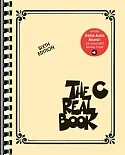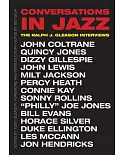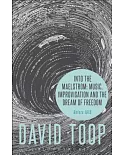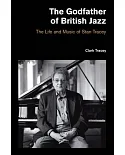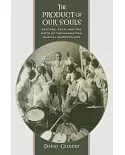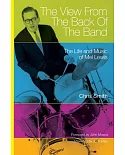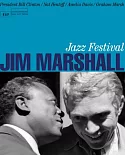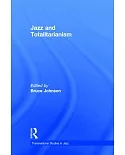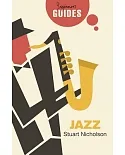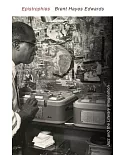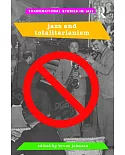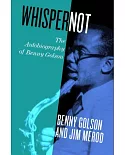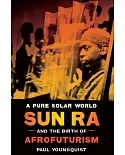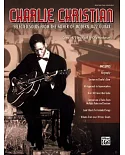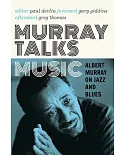While he was still in his twenties, Horace Tapscott gave up a successful career in Lionel Hampton's band and returned to his home in Los Angeles to found the Pan Afrikan Peoples Arkestra, a
community arts group that focused on providing affordable, community-oriented jazz and jazz training. Over the course of almost forty years, the Arkestra, together with the related Union of
God's Musicians and Artists Ascension (UGMAA) Foundation, were at the forefront of the vital community-based arts movements in black Los Angeles. Some three hundred artists--musicians,
vocalists, poets, playwrights, painters, sculptors, and graphic artists--passed through these organizations, many ultimately remaining within the community and others moving on to achieve
international fame. Based primarily on one hundred in-depth interviews with current and former participants, The Dark Tree is the first history of the important and largely overlooked
community arts movement of African American Los Angeles. Brought to life by the passionate voices of the men and women who worked to make the arts integral to everyday community life, this
engrossing book completes the account began in the highly acclaimed Central Avenue Sounds, which documented the secular music history of the first half of the twentieth century and which
the San Francisco Examiner called "one of the best jazz books ever compiled." While he was still in his twenties, Horace Tapscott gave up a successful career in Lionel Hampton's band and
returned to his home in Los Angeles to found the Pan Afrikan Peoples Arkestra, a community arts group that focused on providing affordable, community-oriented jazz and jazz training. Over the
course of almost forty years, the Arkestra, together with the related Union of God's Musicians and Artists Ascension (UGMAA) Foundation, were at the forefront of the vital community-based arts
movements in black Los Angeles. Some three hundred artists--musicians, vocalists, poets, playwrights, painters, sculptors, and graphic artists--passed through these organizations, many
ultimately remaining within the community and others moving on to achieve international fame. Based primarily on one hundred in-depth interviews with current and former participants, The
Dark Tree is the first history of the important and largely overlooked community arts movement of African American Los Angeles. Brought to life by the passionate voices of the men and women
who worked to make the arts integral to everyday community life, this engrossing book completes the account began in the highly acclaimed Central Avenue Sounds, which documented the
secular music history of the first half of the twentieth century and which the San Francisco Examiner called "one of the best jazz books ever compiled."


